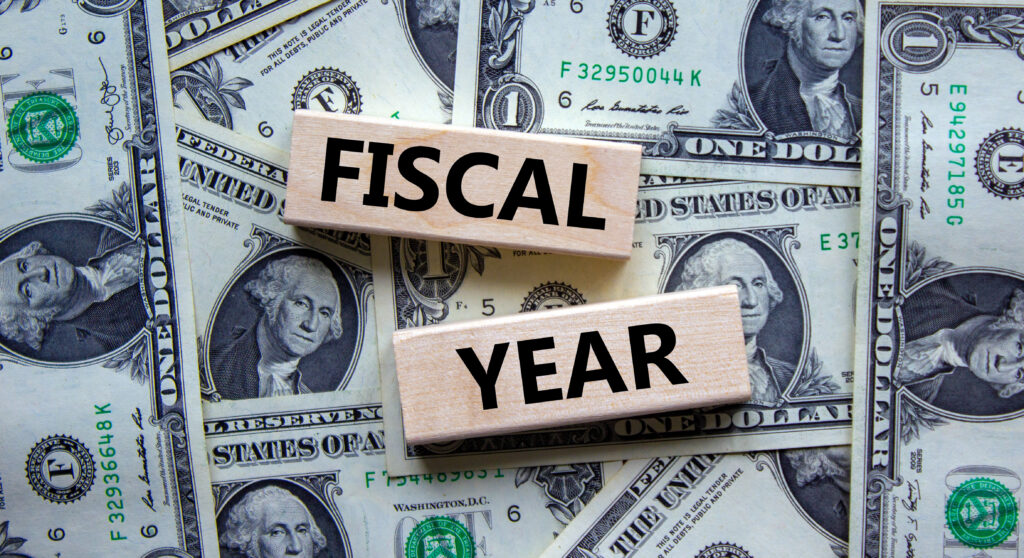First Half of Current Fiscal Year a Record-Breaker for U.S. Treasury

It’s been another record year for the federal government so far, which is in the midst of its current fiscal year. At the end of March, when the government reached its halfway point of the 2016 fiscal year, it had already collected $1.48 trillion. One might think that this massive haul would help ease the nation’s federal deficit. However, despite the record intake, the federal government still finds itself in the hole to the tune of $461 billion.
According to the U.S. treasury Department, the amount of taxes it has collected from October 2015 through March of this year has been greater than any other previous fiscal year on record. That even takes adjustment for inflation into consideration.
The Treasury Department counts revenues from several sources, including individual income taxes, unemployment insurance taxes, social insurance and retirement taxes, estate and gift taxes, corporate income taxes, excise taxes and a few other items. Of the $1.48 trillion collected so far this fiscal year, the majority comes from individual income taxes, which accounts for nearly half of the total, at $675 billion.
By way of comparison, last year, the federal government collected a total of $3.24 trillion in taxes for the entire 2015 fiscal year.
Is Accounting Boring?
Is Accounting Boring? By William Brighenti I’ve noticed on Twitter a bunch of tweets from younger people complaining that accounting is boring. This may very well be true for those who are not accountants. Non-accountants include those individuals who once loved accounting until they took intermediate accounting in college and then switched their major to…
Business Plan
Business Plan A business plan precisely defines your business, identifies your goals, and serves as your firm’s resume. The basic components include a current and pro forma balance sheet, an income statement, and a cash flow analysis. It helps you allocate resources properly, handle unforeseen complications, and make good business decisions. Because it provides specific…
Choosing a Legal Form for Your Business
Choosing a Legal Form for Your Business In starting a small business, one of the first questions you should ask is what form of legal entity you should use or “How should I organize my business?” Also, as your business grows and changes, you should from time to time ask yourself whether the entity you…
Drafting a Partnership Agreement
Drafting a Partnership Agreement If you decide to organize your business as a partnership, be sure you draft a partnership agreement that details how business decisions are made, how disputes are resolved, and how to handle a buyout. You’ll be glad you have this agreement if for some reason you run into difficulties with one…




